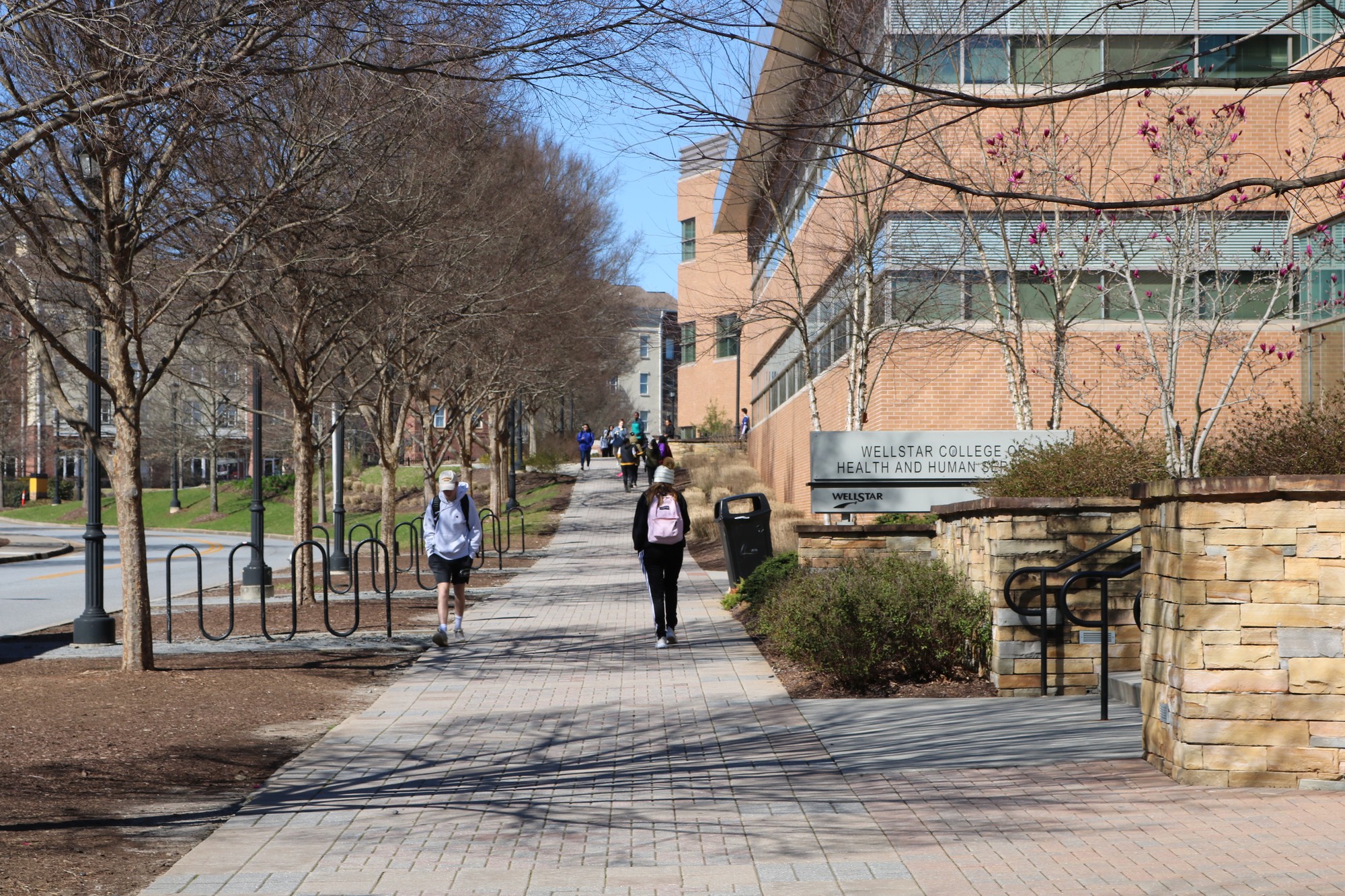It is the responsibility of students and staff to ensure that the allowances of the “campus carry” law are carried out responsibly and reliably to create a safer college community for everyone.
Since House Bill 280’s enaction on July 1 — the guidelines for which can be found at the Kennesaw State website — many KSU students were left with concerns that people carrying weapons may be irresponsible.
Having grown up with firearms, even I have my cautions about inexperienced students carrying. To minimize this concern and increase the efficacy of the law, I think it would be a good idea for KSU to offer firearm safety courses.
These classes could focus on basic handgun safety, operation, cleaning and how to draw from a concealed holster. The class should also offer advice on how to interact with police when you have a concealed firearm and how to responsibly use a firearm in an active shooter situation.
This is already being done in Arizona, where classes offered at Glendale Community College to educate the general public on how to properly shoot and carry a firearm.
KSU could, potentially, partner with Cobb County Police to teach these classes to ensure that student carriers are informed, prepared and, most importantly, safe.
According to a joint study by the FBI and the Department of Justice, 24 percent of active shooter situations between 2000 and 2013 occurred on school campuses from pre-K to college, with 60 percent of these situations ending before law enforcement arrived.
As reported by The Trace, research shows that the targeting of schools has often been due to their vulnerability, but campus carry laws help to deter these situations.
Traditionally, schools have been treated as “soft targets,” meaning they are not immediately ready to defend themselves against acts of violence. With the implementation of campus carry, college campuses become “hard targets,” as armed students can immediately respond to violent shooters.
A responsible carrier must be familiar with their weapon and understand the safe handling of firearms. A responsible carrier must also read and understand the law, and know where and when they can carry a weapon to avoid accidents.
A well-informed student body can be an effective first line of defense to the unfortunate reality of public violence. Due to industry-sponsored firearm and hunter safety courses, the number of accidental deaths due to firearms decreased 43 percent from 1992-2002, according to the National Safety Council.
College is supposed to help prepare us for the real world, i.e. careers and constant social interaction. The knowledge learned in a firearm safety course can be useful outside of college because firearms are everywhere and lack of safety training leads to common, preventable problems.
USA Carry describes the most common of these problems being “negligent discharge,” caused when people attempt to pull a concealed pistol from a holster without proper training or knowledge of how their firearm works.
Students that are taught firearm safety in college will be less likely to use firearms irresponsibly, leading to less violence, not only on campus but beyond as well.



